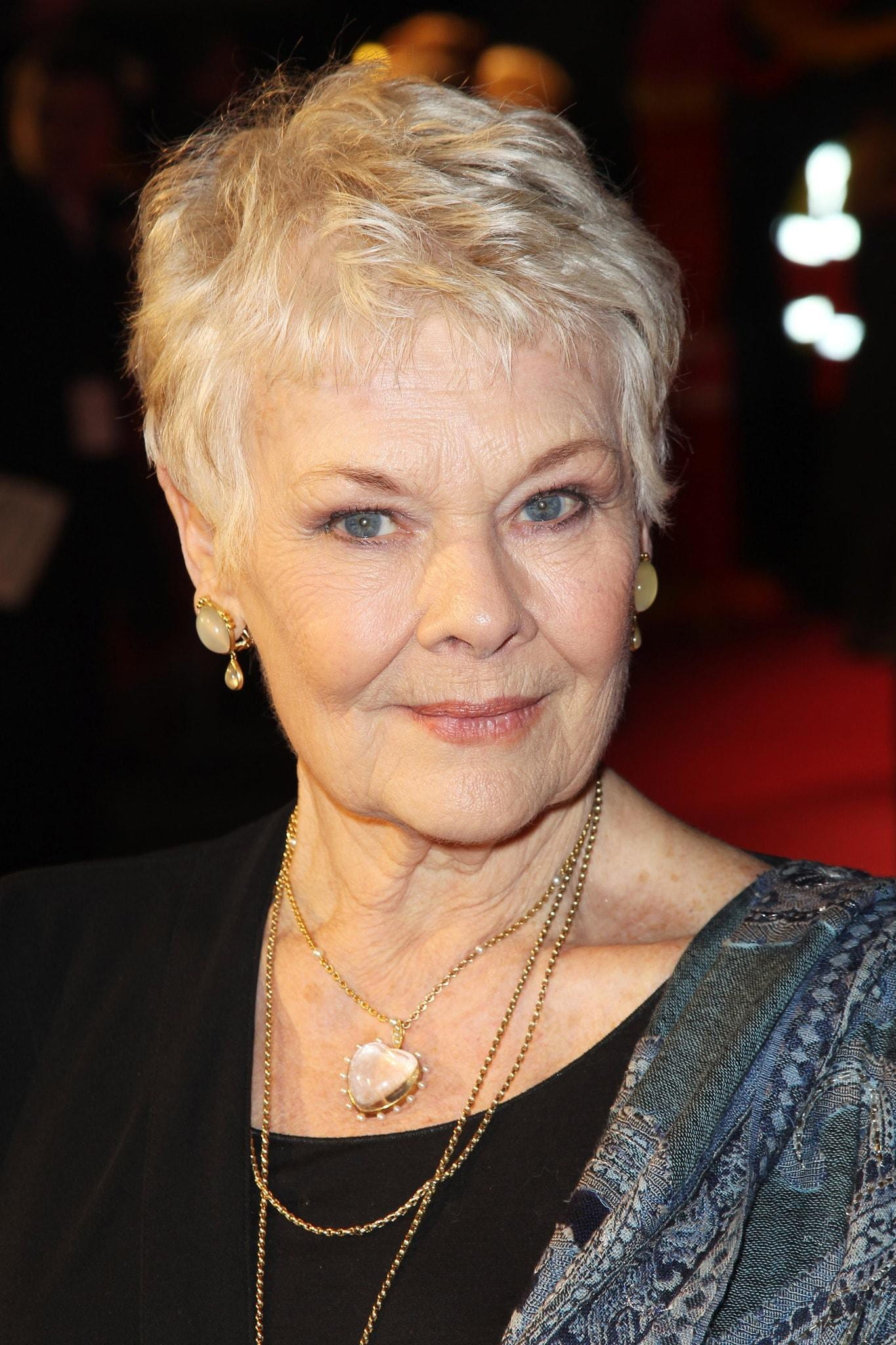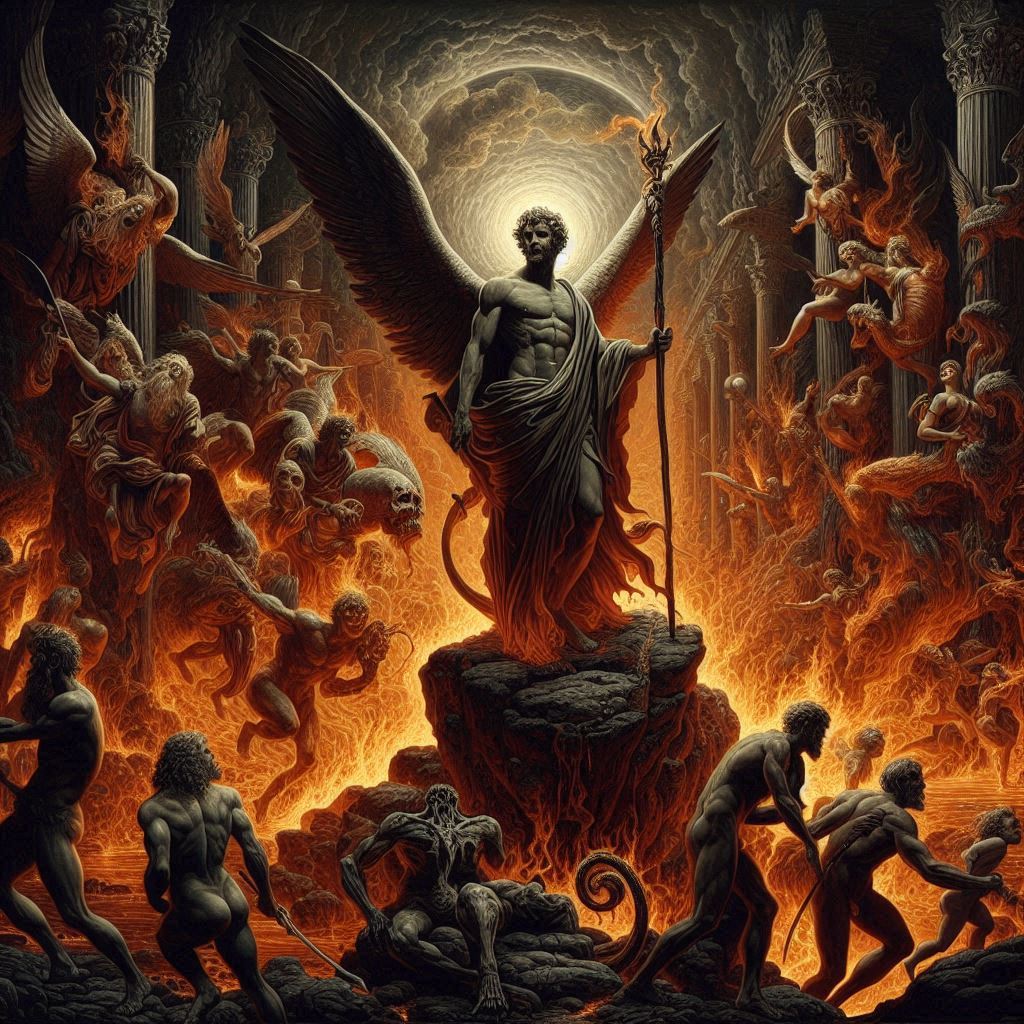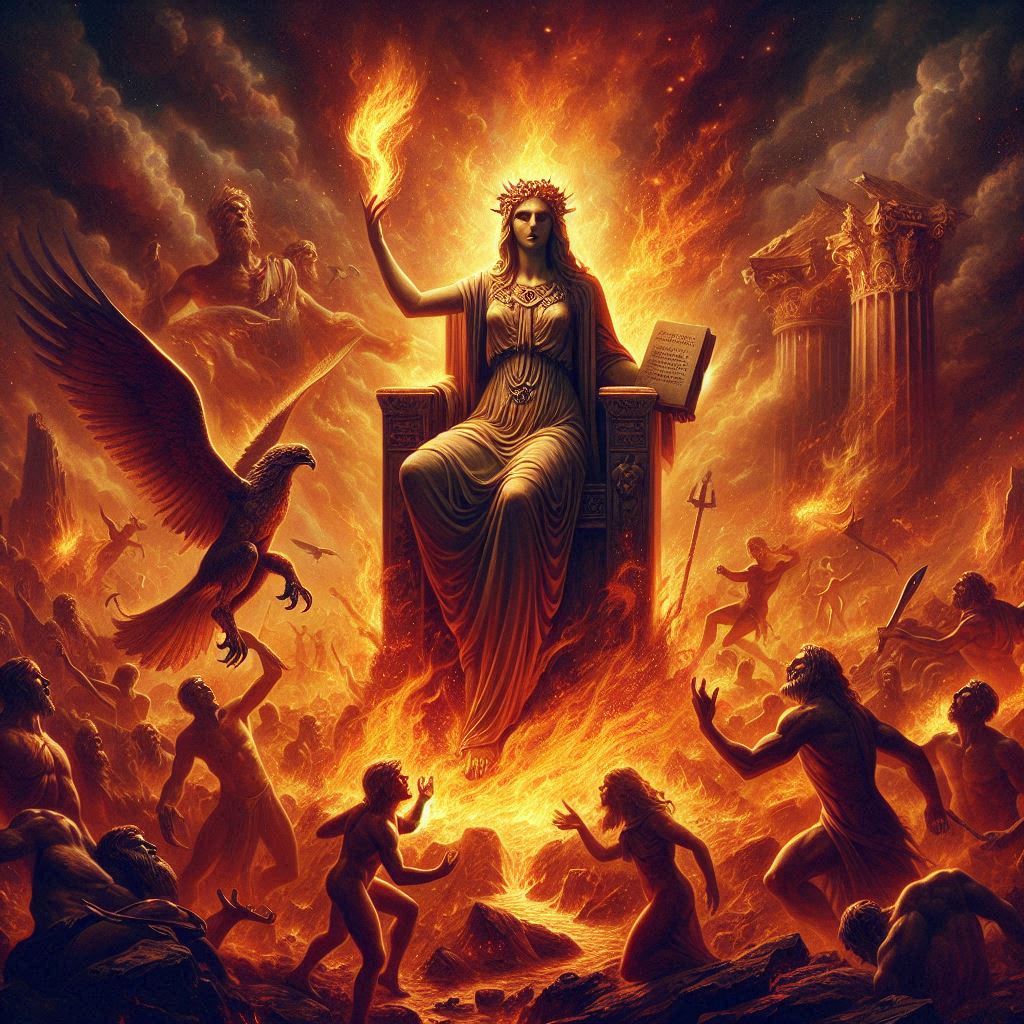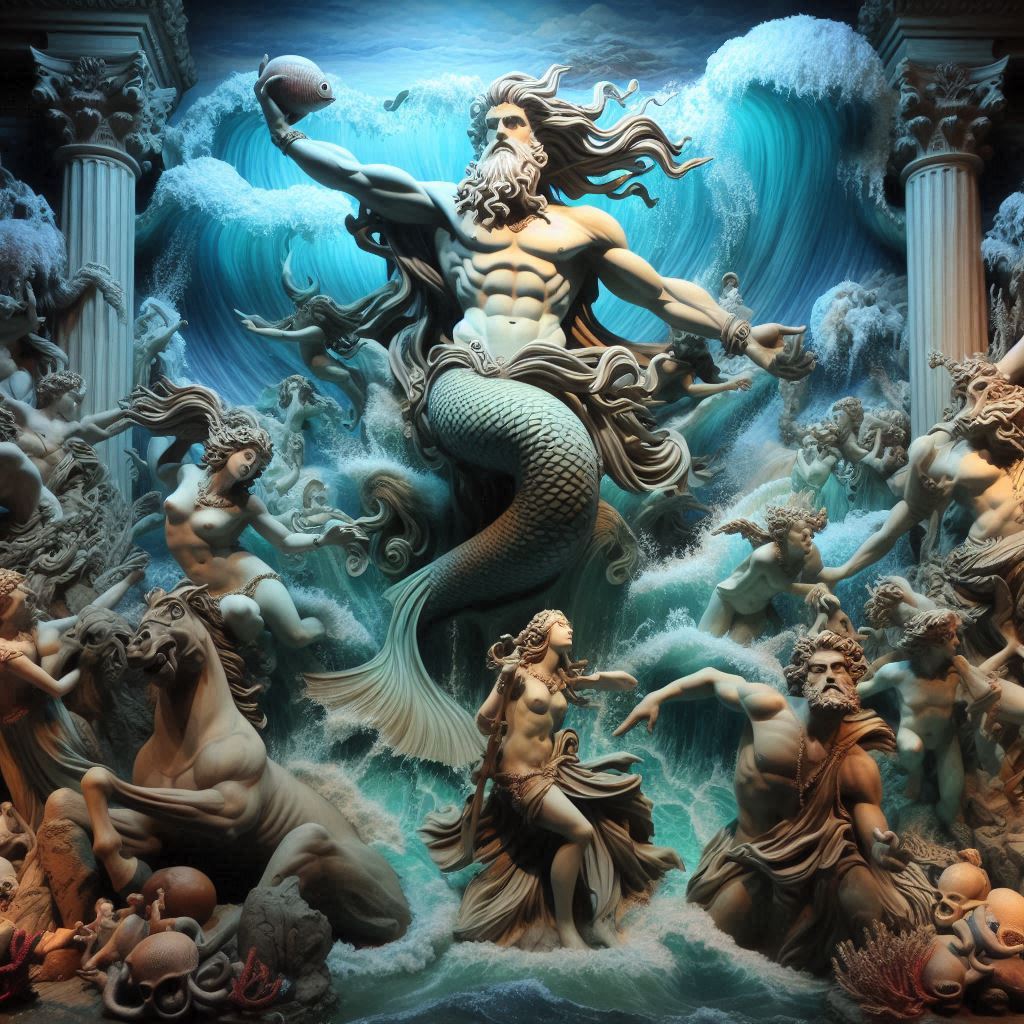Dame Judi Dench is a renowned English actress with a prolific career spanning film, television, and stage. Born on December 9, 1934, she has received numerous awards, including an Academy Award, for her exceptional contributions to the performing arts. Dench’s versatility and memorable roles have made her a celebrated figure in the entertainment industry.
Judi Dench’s early exposure to the performing arts came through her family. Her father, Reginald Arthur Dench, was a doctor, and her mother, Eleanora Olive (née Jones), was a wardrobe mistress. From an early age, Dench showed an interest in the theater, attending local productions with her family. Her passion for acting was fostered during her time at the Mount School, a Quaker independent secondary school in York.
In 1957, Dench made her professional stage debut with the Old Vic Company in Liverpool. Her early theater work laid the foundation for her career, and she quickly gained recognition for her stage performances. Dench’s talent and commitment to her craft caught the attention of directors and critics, marking the beginning of what would become a legendary career in British theater.
Her breakthrough in the London theater scene came with her performance in the Royal Shakespeare Company’s (RSC) production of “Hamlet” in 1957. Dench’s portrayal of Ophelia received critical acclaim, and her association with the RSC became a defining aspect of her early career. She went on to play a wide range of Shakespearean roles, showcasing her versatility and mastery of classical theater.
Dench’s transition to television and film occurred in the 1960s. She made her film debut in “The Third Secret” (1964) and appeared in various television dramas. While her focus remained on the stage, Dench’s screen presence and acting prowess did not go unnoticed. However, it was in the following decades that her film career truly flourished.
In 1988, Dench received her first Academy Award nomination for her supporting role in the film “A Room with a View” (1985). This recognition marked a turning point in her career, leading to an increased presence in both British and international cinema. Her ability to convey depth and complexity in her characters contributed to the success of films such as “Mrs. Brown” (1997), where she portrayed Queen Victoria, earning her a BAFTA Award for Best Actress.
The late 1990s and early 2000s were a period of remarkable achievements for Judi Dench. Her portrayal of Queen Elizabeth I in “Shakespeare in Love” (1998) garnered widespread acclaim, earning her the Academy Award for Best Supporting Actress. The film showcased Dench’s ability to infuse regal characters with humanity and charm.
In addition to her film successes, Dench continued to shine on the stage. Her performance as Cleopatra in “Antony and Cleopatra” (1998) for the National Theatre earned her an Olivier Award. Dench’s presence in both film and theater showcased her versatility and underscored her status as one of Britain’s most distinguished actresses.
One of Dench’s most iconic roles came with her portrayal of M, the head of MI6, in the James Bond film series. She first appeared as M in “GoldenEye” (1995) and continued the role through several subsequent Bond films, including “Skyfall” (2012) and “Spectre” (2015). Dench’s interpretation of the authoritative and enigmatic character added a new dimension to the Bond franchise and resonated with audiences worldwide.
The turn of the millennium brought further acclaim for Dench with her performance in “Iris” (2001), a biographical drama about the novelist Iris Murdoch. Dench’s portrayal of the older Iris earned her another Academy Award nomination, showcasing her ability to convey the complexities of aging and the impact of Alzheimer’s disease.
In 2001, Dench was appointed Dame Commander of the Order of the British Empire (DBE) for her services to drama. This honor recognized her outstanding contributions to the arts and solidified her status as a national treasure. Dench’s humility and dedication to her craft endeared her to both audiences and peers.
Her collaboration with director Stephen Frears in films like “Mrs Henderson Presents” (2005) and “Philomena” (2013) further highlighted her ability to engage audiences with nuanced and empathetic characterizations. In “Philomena,” Dench played the title role of Philomena Lee, a woman searching for her long-lost son, earning her yet another Academy Award nomination.
Dench’s passion for the stage remained undiminished. In 2015, she returned to the West End to star in “The Winter’s Tale” and “The Vote.” Her continued commitment to live theater showcased her enduring love for the immediacy and intimacy of the stage.
In 2017, Dench portrayed Queen Victoria once again in the film “Victoria & Abdul.” Her performance as the aging queen who forms an unlikely friendship with a young Indian clerk earned her critical acclaim. Dench’s ability to convey the vulnerability and loneliness of a powerful historical figure added depth to the film.
Beyond her acting career, Dench has been involved in various charitable and philanthropic endeavors. Her support for causes such as the fight against macular degeneration, a condition that affects eyesight, reflects her commitment to using her platform for positive impact.
In recent years, Judi Dench has continued to be a prolific force in the industry. Her performances in films like “Red Joan” (2018) and “Cats” (2019) showcased her enduring passion for storytelling. Even as she entered her late 80s, Dench remained dedicated to her craft, defying age norms and continuing to captivate audiences with her talent.
Judi Dench’s legacy in the world of acting is firmly established. Her remarkable career, marked by an extraordinary range of roles on stage and screen, has left an indelible impact on the landscape of British and international cinema. Dame Judi Dench’s contributions to the arts, her peerless talent, and her gracious presence have earned her a place among the most revered and beloved figures in the history of acting.










